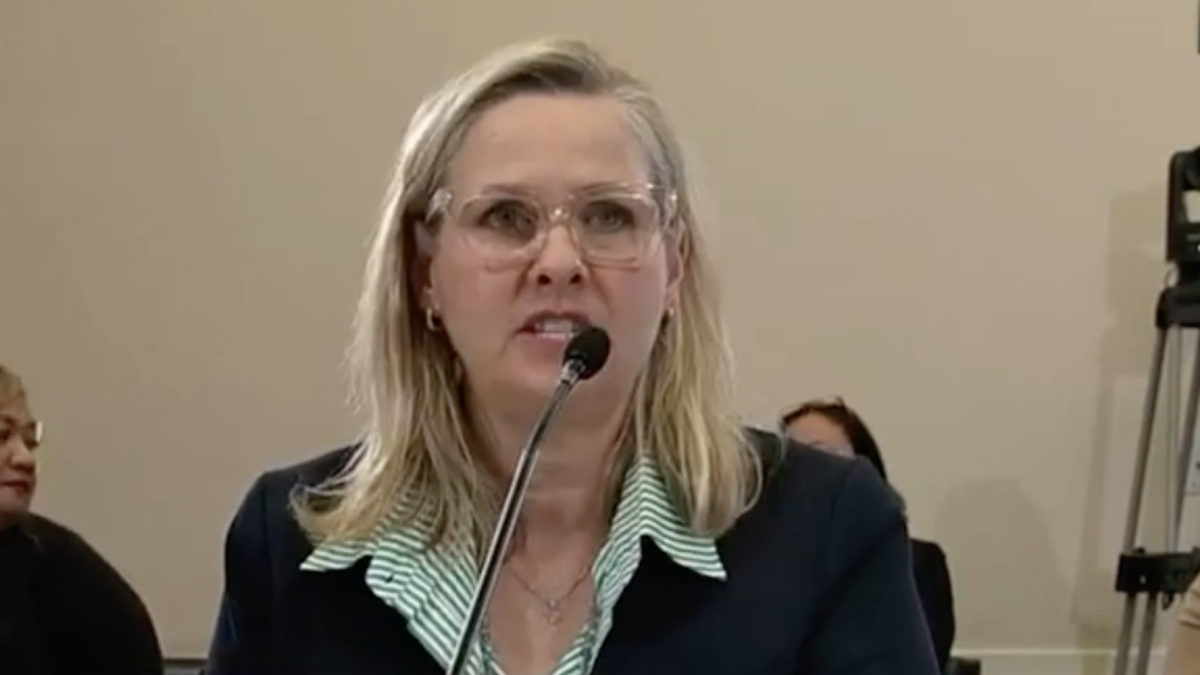The Indiana General Assembly passed a bill to slightly limit foreign adversaries’ ownership of Indiana land Friday, sending House Bill 1183 to Republican Gov. Eric Holcomb’s desk. Holcomb, as chairman of the Indiana Economic Development Corporation (IEDC), has overseen the state’s 11 pending economic deals with China-owned companies that HB1183 seeks to prohibit.
If Holcomb signs the bill, HB 1183 will go into effect July 1, 2024. So what will happen with these 11 pending deals between now and July 1? The IEDC could rush to complete its plans before the July deadline. Local governments and communities would have a better chance to apply oversight and stop these deals in that time with more information about who these Chinese companies are and where they are trying to go. But information has not been forthcoming.
The governor’s office, in lockstep with the IEDC, has provided minimal information about these China deals in response to requests from The Federalist, this author, and even the Indiana Senate. However, the IEDC is subject to Indiana’s Open Door Law (ODL), which requires public meetings and the timely distribution of meeting minutes to fulfill “government’s responsibility to foster transparency, trust and accountability for its official actions.”
A review of the posted files related to quarterly public meetings and presentations within IEDC’s “transparency portal” reveals missing 2023 Q4 files, even though we’re already nearly three months past 2023’s fourth quarter. The Indiana Senate began deliberating about HB 1183 in the 2024 legislative session. Many of these deals were likely to be discussed in public meetings during the fourth quarter of 2023, directly preceding the session.
I requested these documents from IEDC. According to the ODL policy, government agencies have seven days to acknowledge a document request and 30 days to provide the missing documents before the next step of a formal complaint. When I called the Office of the Public Access Counselor (which administers Indiana’s Open Door Law) about this, they confirmed that IEDC is subject to Open Door Law and that IEDC is currently in breach of ODL with its missing documents.
Beyond the missing documents, as The Federalist reported, IEDC deters legislative oversight by using “code names” for foreign business deals until they are concluded. These code names obscure the company’s name and country of origin so public discussion is meaningless to the listening public. How does this conduct fulfill the Open Door Law? I asked the Office of the Public Access Counselor (OPAC), which administers ODL. The OPAC is reviewing this question.
The concern is that the IEDC is entertaining, if not actively seeking, deals to sell Indiana land to a country unequivocally considered a grave adversarial threat at least since a Chinese spy balloon traversed the entire continent in February 2023. China, led by the Chinese Communist Party (CCP), is an adversary. The CCP controls all Chinese entities including private businesses, which it has directed to contribute to “national intelligence work.” The IEDC deliberately pursues these de facto CCP deals on U.S. soil in a shroud of secrecy masked as “privacy.”
But privacy has little role in the work of U.S. government. IEDC as a government agency must provide transparency on these 11 China deals and intended business partners generally so state and local government can provide the oversight required in a society ruled by the people through their elected representatives.









